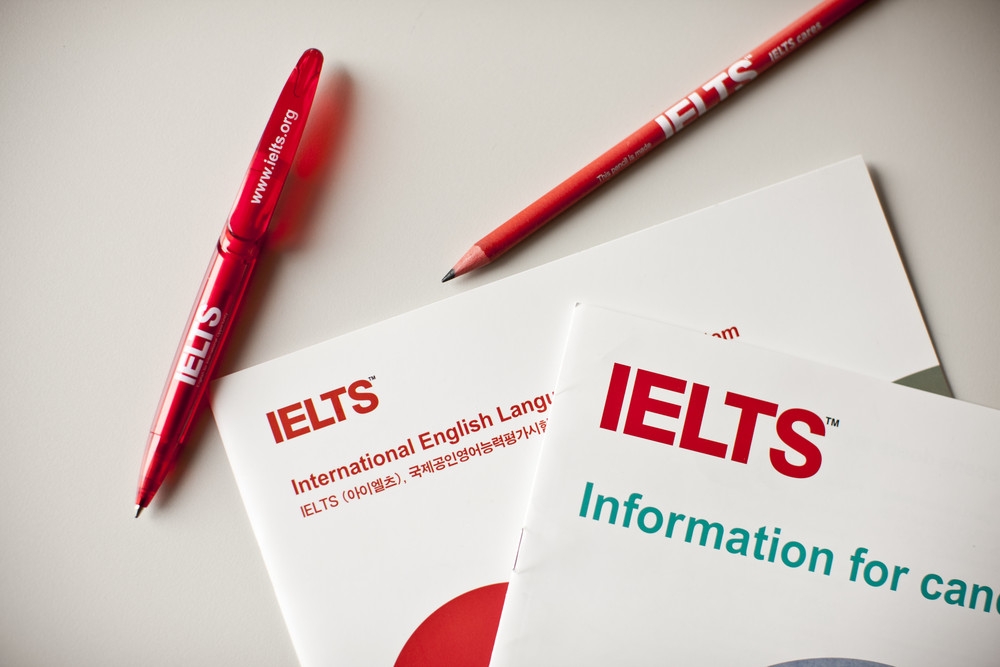The International English Language Testing System, commonly known as IELTS, is a crucial stepping stone for individuals aiming to study, work, or migrate to English-speaking countries. This standardized test assesses English skills across four key areas: listening, reading, writing, and speaking. Understanding how to pass the IELTS and what the exam is designed for can open doors to global opportunities and enhance your linguistic capabilities.
Understanding the IELTS: Purpose and Structure
The IELTS is a globally recognized English language skill test that evaluates a candidate’s ability to communicate effectively in English. It is widely accepted by educational institutions, employers, and immigration authorities in countries such as the United Kingdom, Australia, Canada, and New Zealand. The test is designed to reflect real-life use of the English language in academic, professional, and social contexts.
The IELTS is divided into two main versions: Academic and General Training. The Academic version is intended for individuals seeking higher education or professional registration. In contrast, the General Training version is geared toward those planning to work, train, or migrate to an English-speaking country. Both versions assess the same four language skills, but the content and context differ slightly.
- Listening: This section tests your ability to understand spoken English in various accents and contexts. It includes four recordings with questions that assess your comprehension and information retention.
- Reading: This section evaluates your reading skills through a series of texts, ranging from factual and descriptive to analytical and argumentative. You will answer questions that test your ability to understand and interpret written English.
- Writing: The writing section requires you to complete two tasks. In the Academic version, you will describe visual information and present an argument or opinion. In the General Training version, you will write a letter and an essay on a general topic.
- Speaking: This section assesses your spoken English through a face-to-face interview with an examiner. It includes a general conversation, a short speech on a given topic, and a discussion related to the topic.
Preparing for the IELTS: Tips and Strategies
Achieving a high score on the IELTS requires thorough preparation and practice. Here are some strategies to help you succeed:
- Understand the Test Format: Familiarize yourself with the test format and the questions you encounter. Practice with sample tests to gain confidence and reduce anxiety on test day.
- Improve Your English Skills: Focus on enhancing your English skills. Read English newspapers, listen to podcasts, and converse with native speakers to build your vocabulary and comprehension skills.
- Practice Time Management: Each section of the IELTS is timed, so practice completing tasks within the allotted time. Develop strategies to manage your time effectively, ensuring you can answer all questions without feeling rushed.
- Develop Writing Skills: Practice writing essays and letters regularly. Pay attention to structure, coherence, and grammar. Seek feedback from teachers or peers to identify areas for improvement.
- Enhance Listening Skills: Listen to various English audio materials, such as news broadcasts, documentaries, and interviews. Practice summarizing the main points and taking notes to improve your listening comprehension.
- Refine Speaking Skills: Practice speaking English daily, focusing on pronunciation, fluency, and coherence. Record yourself, check your performance, or converse with a study partner or tutor.
- Use Official Study Materials: Use official IELTS preparation materials and practice tests to familiarize yourself with the test format and question types. These resources provide valuable insights into what to expect on test day.
What IELTS Scores Are Used For
IELTS scores are used for a variety of purposes, each opening different doors to global opportunities:
- Higher Education: Universities and colleges in English-speaking countries often need IELTS scores as part of their admission process. A high score can show your readiness to engage with academic coursework in English.
- Professional Registration: Certain professions, such as healthcare and engineering, need proof of English skills for registration and licensing. IELTS scores are often used to meet these requirements, ensuring professionals can communicate effectively in their field.
- Immigration: Immigration authorities in countries like Canada and Australia use IELTS scores to assess language skills for visa applications. A good score can enhance your eligibility for various immigration programs.
- Employment Opportunities: Employers may need IELTS scores to check your ability to work in an English-speaking environment. A high score can enhance your job prospects and show your communication skills to potential employers.
Overcoming Common Challenges
Preparing for the IELTS can be challenging, but with the right mindset and approach, you can overcome common obstacles:
- Language Barriers: If English is not your first language, you may need help with vocabulary, grammar, and pronunciation. Address these challenges by immersing yourself in the language and seeking support from tutors or classes.
- Test Anxiety: Feeling nervous before the test is standard, but excessive anxiety can hinder performance. Practice relaxation techniques like deep breathing and visualization to calm your nerves and boost confidence.
- Time Pressure: It is crucial to manage time effectively during the test. Practice pacing yourself during practice tests to ensure you can complete each section within the time limits.
- Complex Topics: The writing and speaking sections may present unfamiliar topics. Prepare by reading widely and engaging in discussions on various subjects to build your ability to express ideas clearly and coherently.
The Role of Practice and Persistence
Success in the IELTS is not solely determined by innate language ability but also by dedication and persistence. Consistent practice and a positive attitude can significantly improve your performance:
- Set Realistic Goals: Establish achievable goals for each test section and track your progress. Celebrate small victories and recognize your improvements to stay motivated.
- Create a Study Plan: Develop a structured study plan that allocates time for each language skill. Balance your practice sessions with breaks to avoid burnout and maintain focus.
- Seek Support and Feedback: Join study groups or online forums to connect with other IELTS candidates. Share experiences, exchange tips, and provide feedback to each other to enhance learning.
Conclusion
The IELTS https://ieltsplaza.com/ is a gateway to many opportunities, from higher education and professional advancement to immigration and employment. By understanding the test’s structure, preparing diligently, and adopting effective strategies, you can achieve a high score and unlock your potential in the English-speaking world. Embrace the challenge with confidence and determination, knowing that each step in your preparation brings you closer to your goals. With persistence and practice, you can master the IELTS and open doors to a world of possibilities.




